(Fatherland) - Investing and funding for culture not only helps preserve heritage and develop the cultural industry but also creates resources for sustainable development.
This is the issue affirmed by experts at the scientific workshop "Investment and funding for culture: International experience and suggested lessons for Vietnam" organized by the Vietnam National Institute of Culture and Arts in coordination with the People's Committee of Hoan Kiem district.
Investment is still scattered and lacking synchronization.
Over the years, the issue of culture and cultural development has always been an important issue that the Party and State have paid great attention to, with the viewpoint: "Culture must be placed on par with economics, politics, and society". Thanks to that, many policies, strategies, and investment mechanisms for culture have been issued, and the cultural sector has achieved many important results.
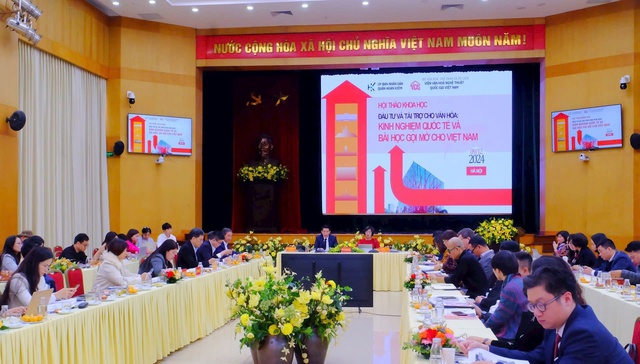
Conference Scene
It can be affirmed that after 35 years of national renovation, Vietnamese culture has had strong developments and changes, becoming increasingly rich and unique, unified in diversity.
However, besides the achievements, the current situation of investment resources for cultural development still has many shortcomings, is not commensurate with the level, is still lacking in synchronization, not in the right address, is spread out, and is not as effective as expected.
Associate Professor, Dr. Nguyen Thi Thu Phuong, Director of the Vietnam National Institute of Culture and Arts Studies, said that in the context of globalization and strong economic development, culture plays an increasingly important role in building national identity and enhancing the country's position in the international arena. Investing and funding for culture not only helps preserve cultural heritage, develop cultural and creative industries, but also creates resources to achieve sustainable development goals and improve people's quality of life. Many countries in the world have successfully applied investment and funding scales in the cultural field, creating sustainable values for the community.
In Vietnam, the implementation of cultural investment and funding projects faces many difficulties due to the lack of a clear legal framework, the lack of coordination between state agencies and enterprises in the cultural sector, leading to ineffective exploitation of resources. In addition, the lack of publications and scientific conferences in this field also makes it difficult for researchers, managers and potential investors to find in-depth information. This not only limits access to knowledge, but also reduces opportunities for connection and cooperation between stakeholders. As a result, many potential initiatives and projects are not developed or implemented effectively.
MSc. Cao Ngoc Anh (Youth Theater) stated that the performing arts sector currently has many shortcomings. Specifically, this sector is not synchronized from institutions to infrastructure and human resources. Going back from the human resources - the system of performing artists, creative teams and professional technicians is still lacking and very weak.
"Institutions serving the performing arts sector are still lacking and weak. In the capital Hanoi, theaters that meet international standards can be counted on the fingers of one hand. Currently, only the Hanoi Opera House and the Hoan Kiem Theater meet group A standards in the world; the rest are too old to satisfy high-quality art programs. Outdoor venues with capacity for large music shows must also take advantage of stadiums and gymnasiums," said Master Cao Ngoc Anh.
According to Mr. Do Quang Minh, Department of Financial Planning (Ministry of Culture, Sports and Tourism), in Vietnam, current cultural policies mainly focus on cultural, social and political goals, while economic goals have not been given due attention. This makes the design of State investment and funding tools inappropriate and not comprehensive. The implementation of investment and funding projects for culture also faces many difficulties due to the lack of a clear legal framework, the lack of coordination between state agencies and enterprises in the cultural field, leading to ineffective exploitation of resources.
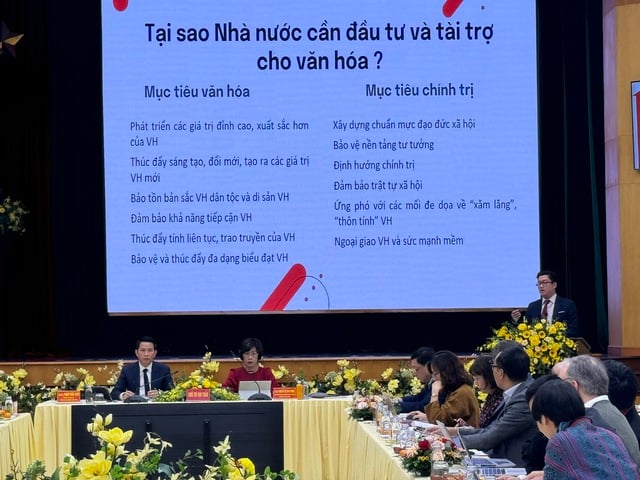
Mr. Do Quang Minh, Department of Financial Planning (Ministry of Culture, Sports and Tourism) shared at the Workshop
What do cultural enterprises need?
From the perspective of an artist and cultural entrepreneur, musician Quoc Trung believes that the State invests a lot in culture but it is not effective.
"Investment is often scattered, unfocused, and unsynchronized, especially lacking specific goals and objective evaluation of investment effectiveness, making it difficult to determine the goals and areas that need investment. Therefore, although the State has been investing in culture, cultural workers and artists still feel deprived and do not have the opportunity to access or use those investment resources," said musician Quoc Trung.
According to musician Quoc Trung, the State needs to have a choice of projects for more effective investment. Musician Quoc Trung told the story of difficulties in licensing as well as other administrative procedures that contributed to the reasons why the Monsoon International Music Festival that he organized had to be suspended this year after 10 years.
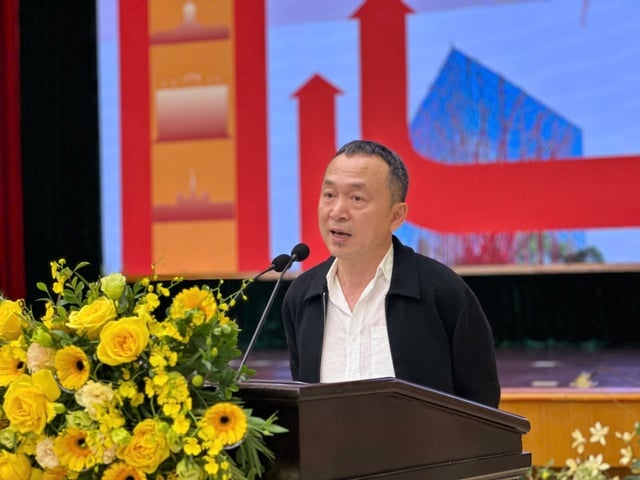
Musician Quoc Trung shares at the Workshop
Musician Nguyen Quoc Trung shared: "To develop and bring economic benefits, all industries, including culture, need investment, planning and clear strategic planning. Investment must have specific goals and objective evaluation of investment efficiency to build appropriate strategies and accurately determine investment targets, avoiding scattered investment, lack of focus and synchronization".
Ms. Pham Thi Thanh Huong - Head of the Cultural Department, UNESCO Office in Hanoi - also contributed her opinion showing that artists and cultural enterprises need to be "invested" not only with direct finance.
Ms. Pham Thi Thanh Huong said that the UNESCO report, after consulting with artists and businesses from 9 Southeast Asian countries, made 4 recommendations to management agencies to promote investment in creative cultural businesses.
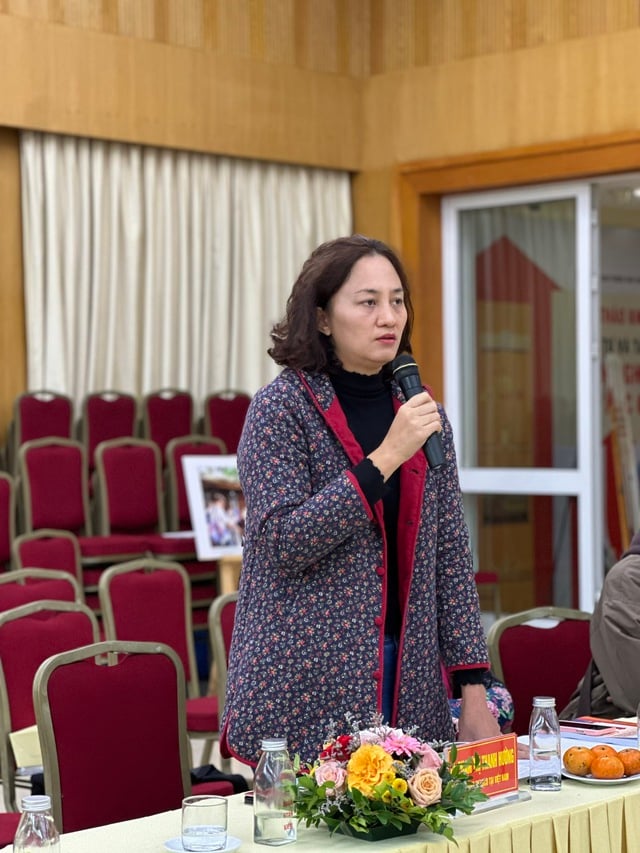
Ms. Pham Thi Thanh Huong - Head of Culture Department, UNESCO Office in Hanoi shared at the Workshop
"Government investment through direct funding or orders is very important, but non-financial investment such as education and training support for businesses is considered more important, deciding the survival and development of these companies.
And the most important investment for artists and cultural enterprises is to provide essential infrastructure. Another recommendation is to simplify licensing procedures and regulatory frameworks.
Finally, public sector units must conduct market research and industry analysis in an objective, transparent and continuously updated manner to advise artists and businesses on the current situation and development trends of the industry," Ms. Pham Thi Thanh Huong shared.
According to Architect Pham Tuan Long, Chairman of the People's Committee of Hoan Kiem District, opinions at the workshop were unanimous in their views on key issues, especially the need to develop and perfect specific mechanisms and policies to increase public investment, attract and diversify investment sources for culture./.
Source: https://toquoc.vn/dau-tu-cho-van-hoa-huong-toi-thuc-hien-cac-muc-tieu-phat-trien-ben-vung-20241210064243994.htm


![[Photo] Special relics at the Vietnam Military History Museum associated with the heroic April 30th](https://vstatic.vietnam.vn/vietnam/resource/IMAGE/2025/4/3/a49d65b17b804e398de42bc2caba8368)
![[Photo] A brief moment of rest for the rescue force of the Vietnam People's Army](https://vstatic.vietnam.vn/vietnam/resource/IMAGE/2025/4/3/a2c91fa05dc04293a4b64cfd27ed4dbe)
![[Photo] Prime Minister Pham Minh Chinh chairs meeting after US announces reciprocal tariffs](https://vstatic.vietnam.vn/vietnam/resource/IMAGE/2025/4/3/ee90a2786c0a45d7868de039cef4a712)

![[Photo] Moment of love: Myanmar people are moved to thank Vietnamese soldiers](https://vstatic.vietnam.vn/vietnam/resource/IMAGE/2025/4/3/9b2e07196eb14aa5aacb1bc9e067ae6f)
![[Photo] General Secretary To Lam receives Japanese Ambassador to Vietnam Ito Naoki](https://vstatic.vietnam.vn/vietnam/resource/IMAGE/2025/4/3/3a5d233bc09d4928ac9bfed97674be98)


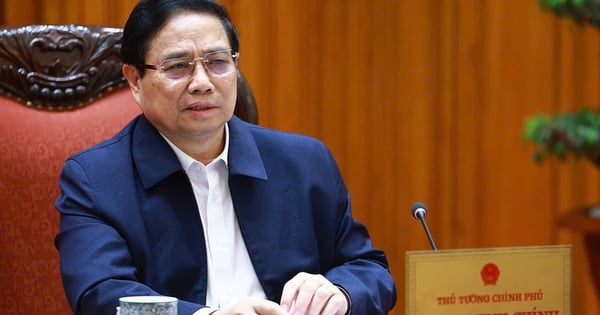



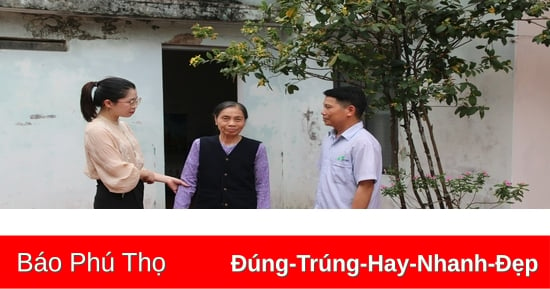

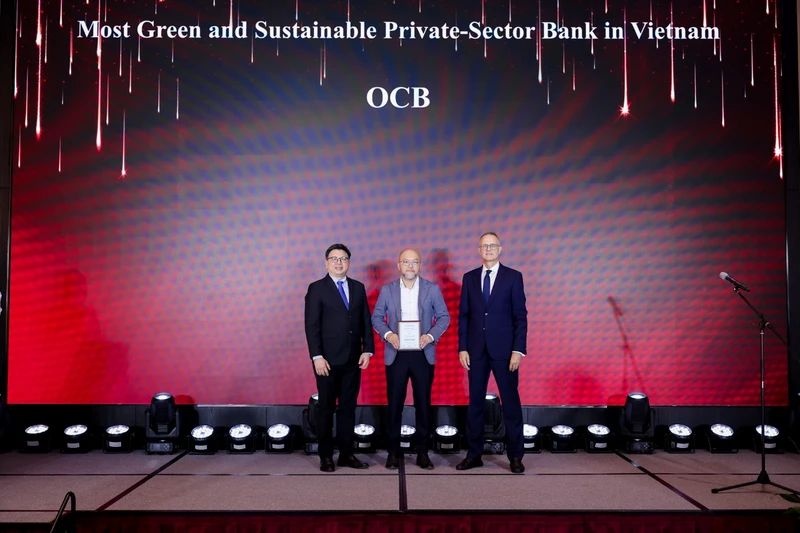

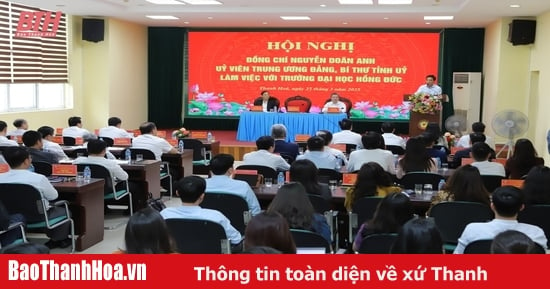
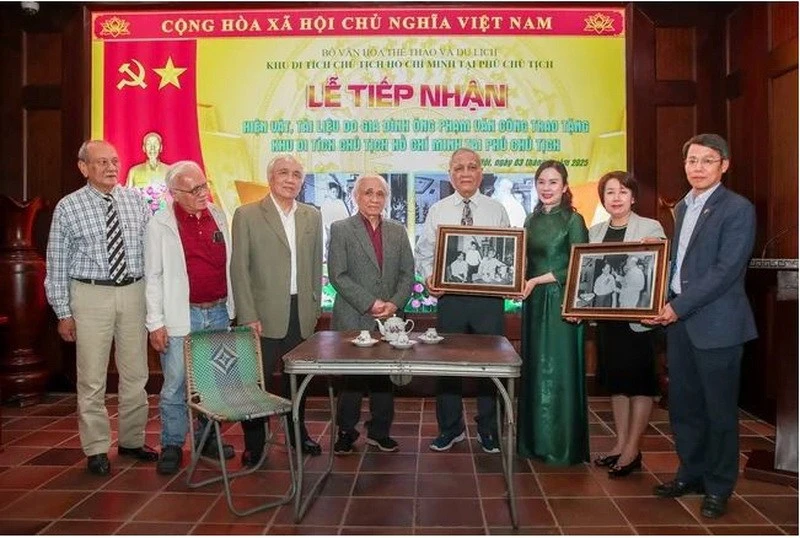
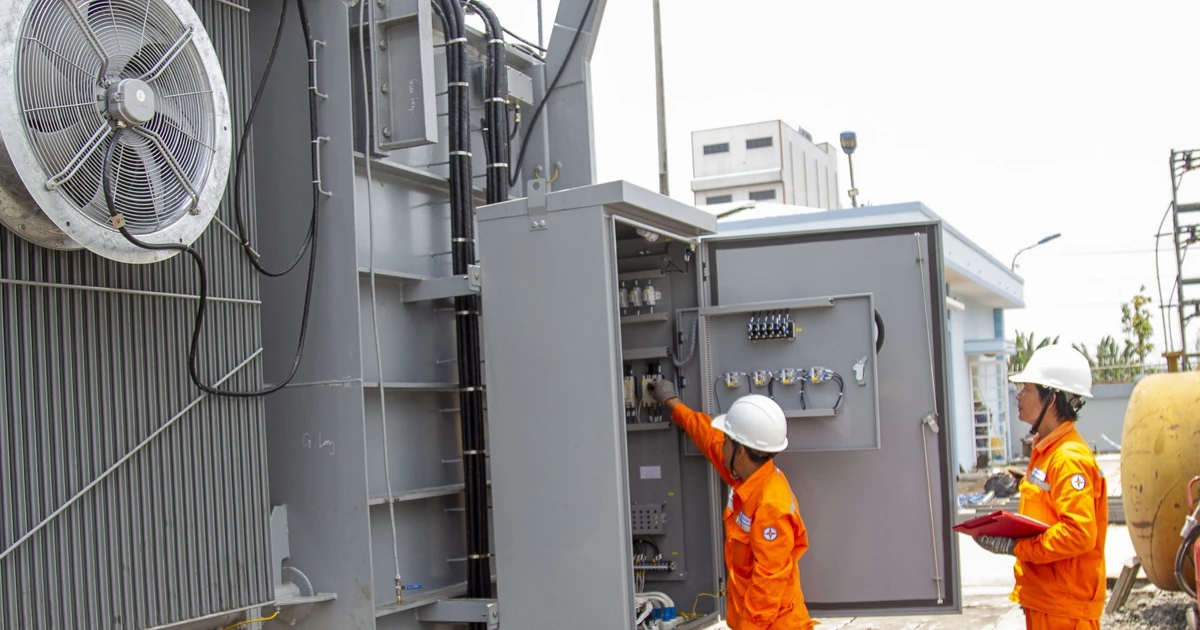
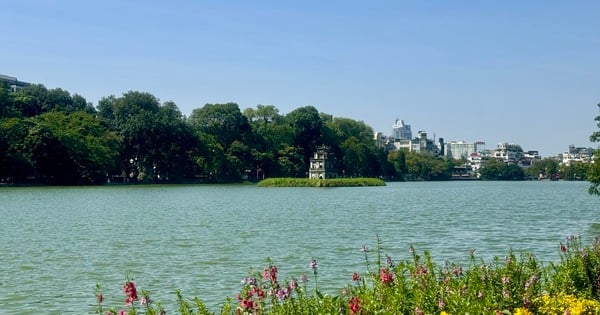
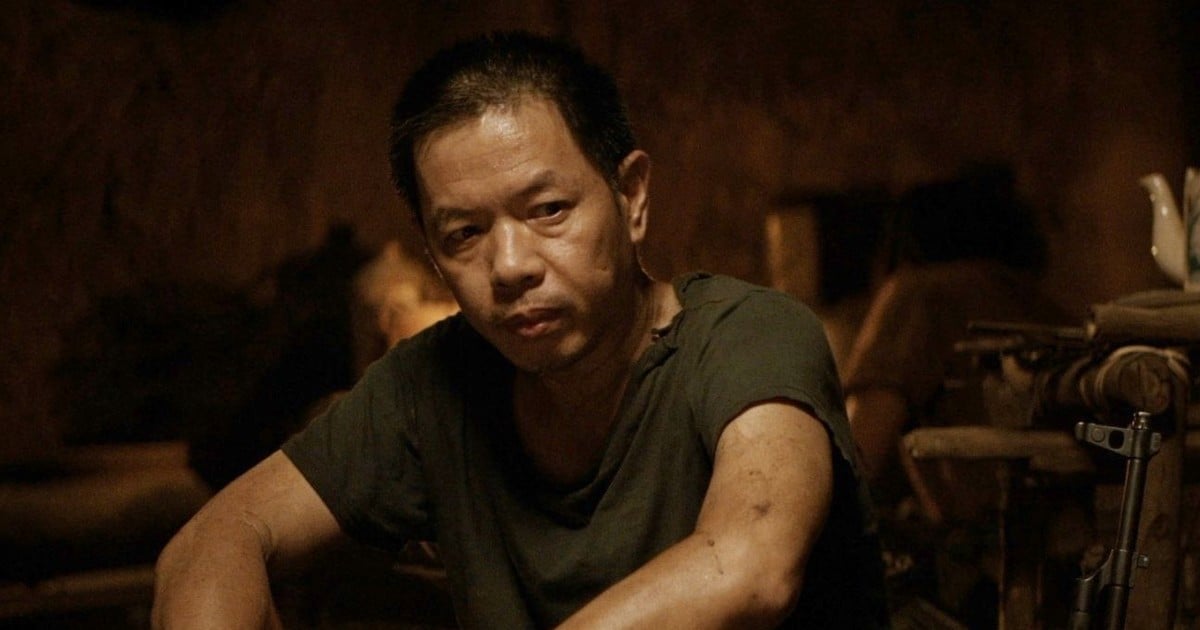

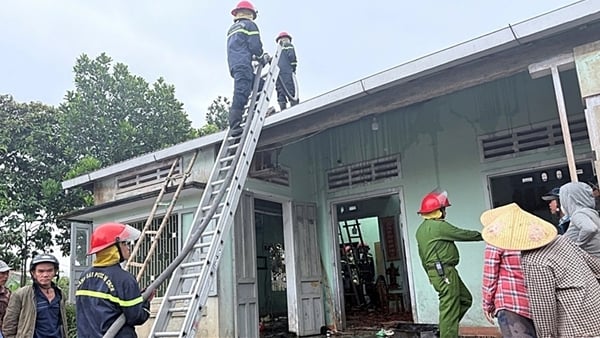





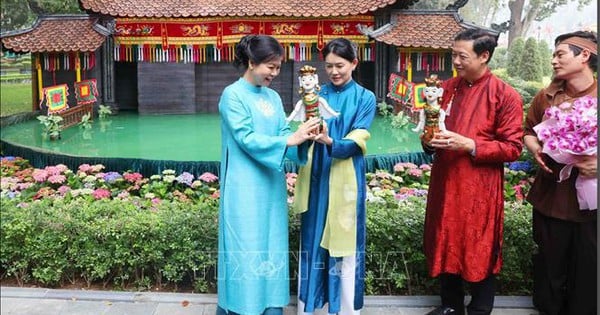
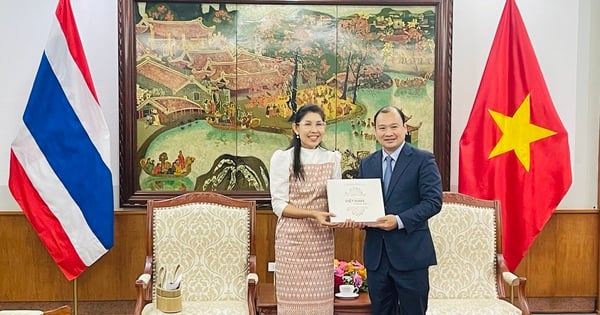
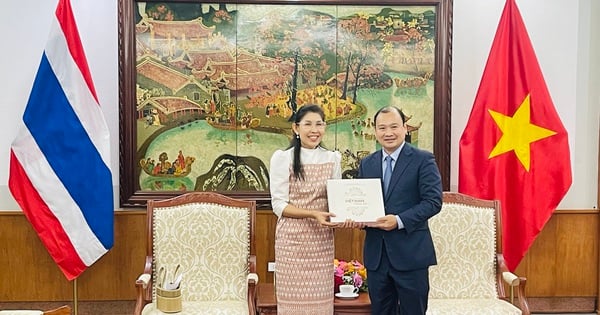
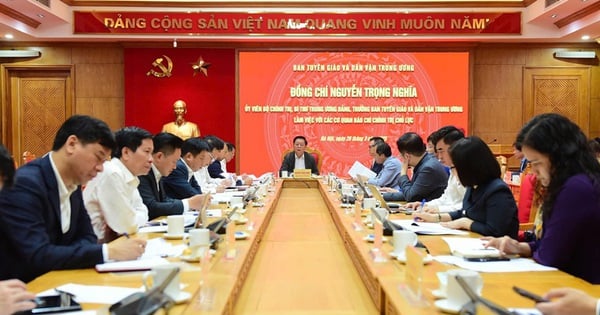
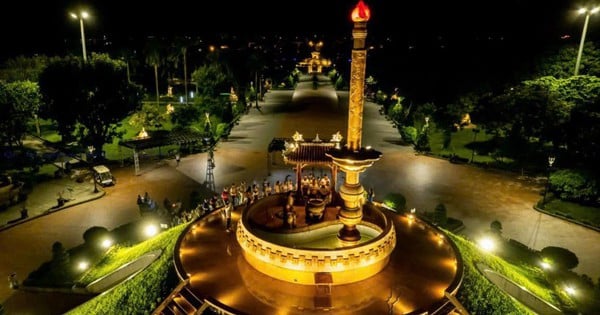








































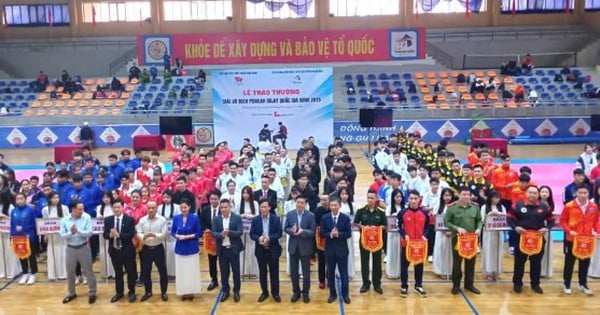
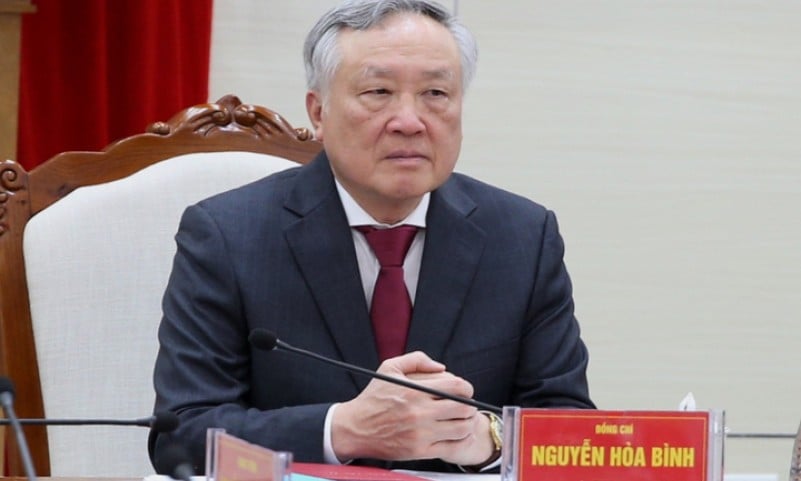
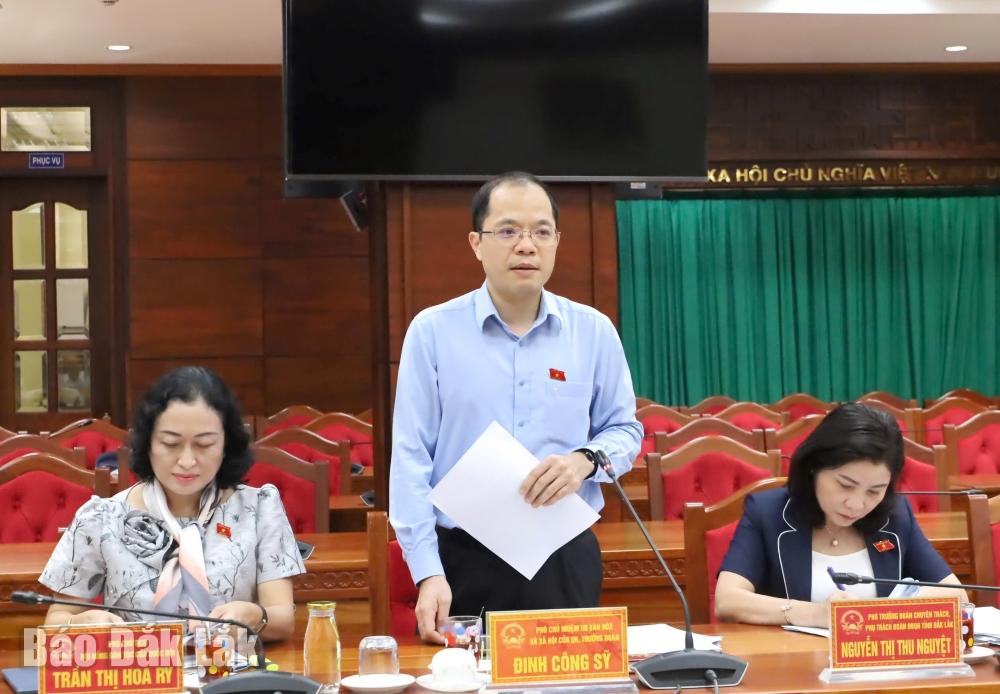

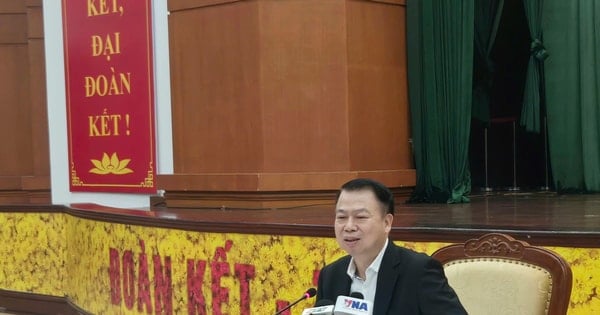

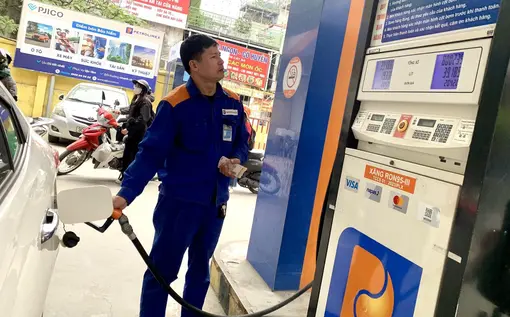

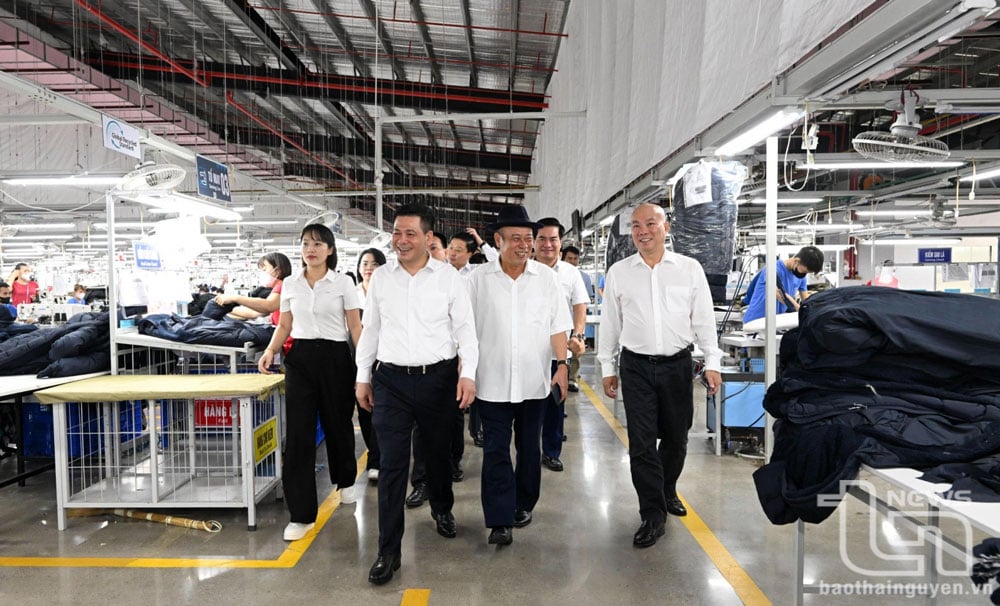












Comment (0)